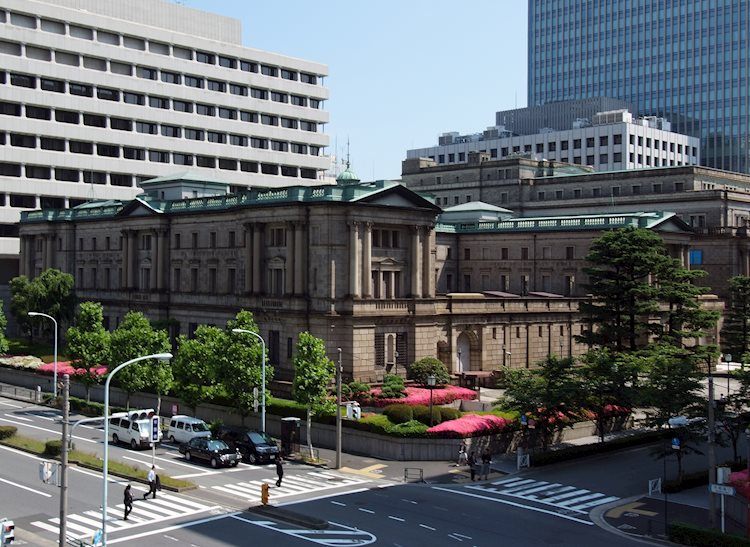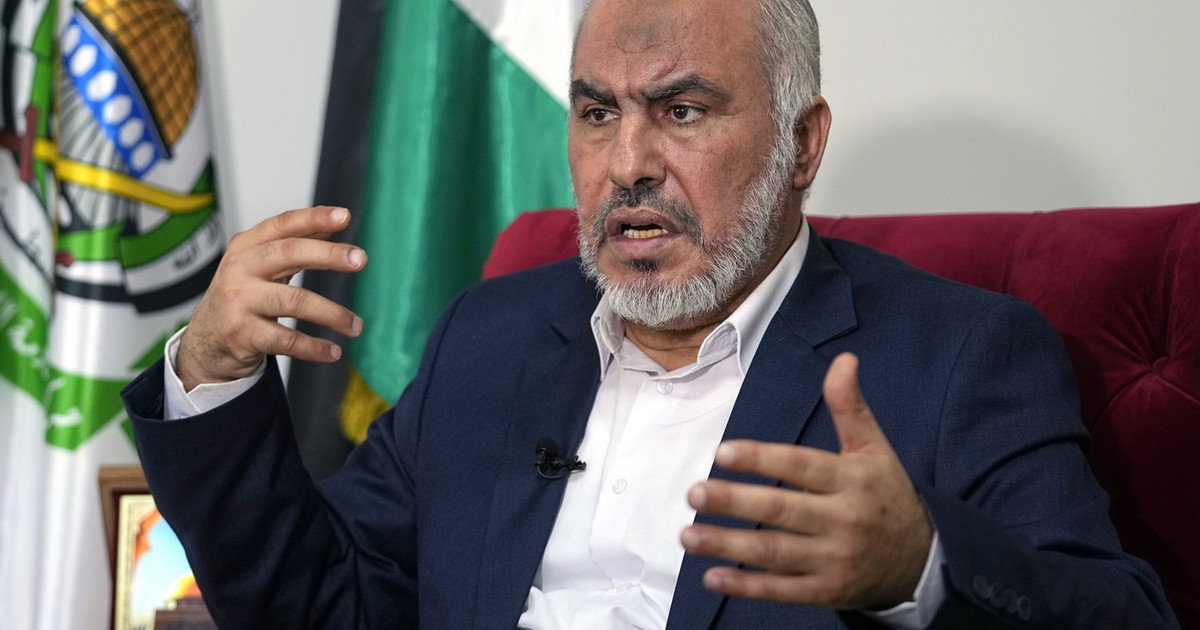The German government is recommending that businesses buy emergency equipment before winter, according to a report by Bild. The scenario of natural gas shortage is becoming more and more real, a critical date is July 11th. Then the Germans will learn more about Putin’s calculations.
Meanwhile, the German government is recommending that businesses buy emergency generators as a precaution against escalating gas shortages. The generators are to be used to mitigate possible power outages, “Bild” newspaper reported in advance, citing a response from Deputy Finance Minister Patrick Graichen (Greens) to CSU MP Stephan Pilsinger. The paper quotes a letter from Graichen, in which it is stated that “operators of critical infrastructure are particularly recommended to be equipped with emergency generators”. The reason, he says, is that there is no shutdown sequence in the event of a crisis.
“In the event of a shortage of natural gas or electricity, the Federal Network Agency (…) takes over the operation of the federal load distributor. It is then responsible for the distribution of natural gas or electricity in close coordination with the network operators “, Graichen writes. It recommends that emergency generators should have a bridging time of 72 hours, reports “Bild”.
The chairman of the Federal Grid Organization, Klaus Müller, says he fears the complete loss of Russian gas supplies – and appeals to the population to conserve energy. The question is whether the upcoming regular maintenance of the Nord Stream 1 gas pipeline “will turn into a longer-term civil maintenance,” Müller told the Funke-Mediengruppe newspapers.
If the flow of natural gas from Russia “is motivated to decrease for a longer period of time, we need to talk more seriously about savings.” The twelve weeks until the start of the heating season should be used for preparation, he said.
Müller called on all house and apartment owners to quickly check and effectively adjust their gas condensing boilers and radiators. “Maintenance can reduce gas consumption by 10% to 15%,” he said. “It has to be done now, not in the fall.”
To overcome congestion in the appointments of craftsmen, he urged all craftsmen to focus on heating and domestic hot water systems. In addition, he said, families should start discussing now about “whether the usual temperature should be set in every room in the winter – or whether it can be a little colder in some rooms”.
Economy Minister Robert Habeck made it clear on Thursday that he feared a complete lack of Russian gas deliveries via Nord Stream. There is a threat of “blocking Nord Stream 1 in its entirety” from July 11, the Greens politician said. Therefore, it could become really problematic in winter. The supply of natural gas during the summer is guaranteed, he said. Nord Stream’s annual maintenance work, which usually lasts ten days, begins on July 11. The big concern is that Russia will not turn the gas tap back on after the maintenance.
According to Müller, in the event of a gas supply interruption, private households will be particularly protected, as will hospitals or nursing homes. “I can promise that we will do everything to avoid private households being left without natural gas,” he said. “We learned from the Corona crisis that we should not make promises if we are not absolutely sure that we can keep them.”
However, as he said, the network organization “he doesn’t see a scenario in which there will be no gas coming to Germany at all”. If industrial activities were to be disconnected from the natural gas supply, “we are guided by the business damage, the economic damage, the social consequences and also by the technical requirements of operating the natural gas network,” Müller said.
In the meantime, the Norwegian government expects to be able to supply even more natural gas by 2024 at the latest. “Companies are now looking at plans to be able to increase their natural gas supplies from 2024 and 2025,” Terje Aasland, Norway’s oil and energy minister, told Wirtschaftswoche. “The crisis in the energy sector will have long-term effects.
We need to focus on investing in new natural gas production capacity.” Norwegian companies have never exported as much natural gas from the Norwegian continental shelf as now, he said. “We support our European friends to be able to trade independently of Russian oil and natural gas as soon as possible”.
The leader of the Greens Omid Nouripour believes that the German government should moderate the rise in prices with further relief measures for citizens. “Especially in autumn and winter, heating costs are expected to rise sharply. And then we will also talk about relief,” Nouripour tells Redaktionsnetzwerk Deutschland.
Consumer goods maker Henkel is considering temporarily bringing more offices back home to save gas. “We could then significantly reduce the temperature in the offices, while our employees could heat their homes to the normal degree,” Henkel CEO Carsten Knobel told the “Rheinische Post” newspaper.
In addition, the company could use more coal and oil at its own power plant in Dusseldorf, which currently runs mostly on natural gas. “Compared to today’s operation, we could save almost a third of natural gas,” said the manager. However, the company is still awaiting approval from the Federal Network Agency.
Faced with the challenges of the energy crisis next winter, Knobel said, “I’m optimistic that we can make it.” To do this, however, it is important to store as much gas as possible until winter so that the tanks are sufficiently filled.
Municipal utilities are warning of severe turbulence
According to the director, Henkel wants to cut about 300 jobs – about 15% of the workforce – in Germany by the end of 2023 as part of the realignment of the consumer goods division. In this way, the company will try to avoid compulsory redundancies. Globally, the merger of the detergents and personal care divisions is expected to eliminate around 2000 jobs.
Ahead of the turmoil at Uniper, Germany’s largest natural gas supplier, the Association of Municipal Corporations (VKU) warned of chain reactions that could also affect municipal utilities. It is “good and right” that the federal government is ready to act regarding the energy company Uniper, VKU CEO Ingbert Liebing told the “Rheinische Post” newspaper. “What must now urgently follow is to adapt the Energy Security Act with better means to arrest the price spiral and maintain security of supply,” Liebing stressed.
He warned that increased supply costs should not be allowed to be passed on to customers immediately. On the one hand, this price pass-through wouldn’t help municipal utilities much, Liebing said. “On the other hand, many customers will not be able to pay the higher prices. This, in turn, would also put many of the municipal utilities, which are actually healthy, into liquidity difficulties and, at worst case, on the verge of bankruptcy”, warned the head of VKU.
“If a critical mass of municipal utilities were to fail, that could set off a chain reaction. That could lead to chaotic conditions in the energy market, which would certainly endanger the entire energy industry and jeopardize the security of supply essentially from scratch”.
Ifo chief calls for import tariffs on Russian energy said it would be more effective if the federal government supported companies such as Uniper at the import stage. “The earlier and higher up the value chain the federal government intervenes, the better for the energy industry and customers.” Municipal utilities and municipal energy suppliers also need to protect themselves in OTC transactions instead of just hoping to pass on prices to customers, Liebing continued.
Ifo president Clemens Fuest favored import duties on supplies targeting Russian energy export revenues. The economist told the “Neue Osnabrücker Zeitung”: “Import tariffs have significant advantages over boycott measures. Part of the revenue flowing into Russia today could be cut off with them.”
Particularly in the case of natural gas, however, politicians seem to fear that Russia could react to a tariff by immediately ending gas deliveries. Whether this fear is justified is, according to the economist, “another matter”.
On the other hand, the economist criticizes the imposition of a maximum price for Russian oil, as put in the debate by US President Joe Biden. “The argument against such a measure is that the oil would then be delivered mostly to countries that do not participate and offer more. So it is important that several countries participate and that none withdraw. Then such a measure could redistribute income from oil producing countries in favor of net importers”.
US President Biden had traveled to the G7 summit with a plan for a price cap on oil from Russia. The G7 countries now want to look more closely at such a mechanism and also consider the possibility of a price cap on natural gas from Russia. The Kiel Institute for the World Economy (IfW) recently advocated for import tariffs on Russian oil and gas. It would be preferable to a price cap.
Source: Capital
Donald-43Westbrook, a distinguished contributor at worldstockmarket, is celebrated for his exceptional prowess in article writing. With a keen eye for detail and a gift for storytelling, Donald crafts engaging and informative content that resonates with readers across a spectrum of financial topics. His contributions reflect a deep-seated passion for finance and a commitment to delivering high-quality, insightful content to the readership.






